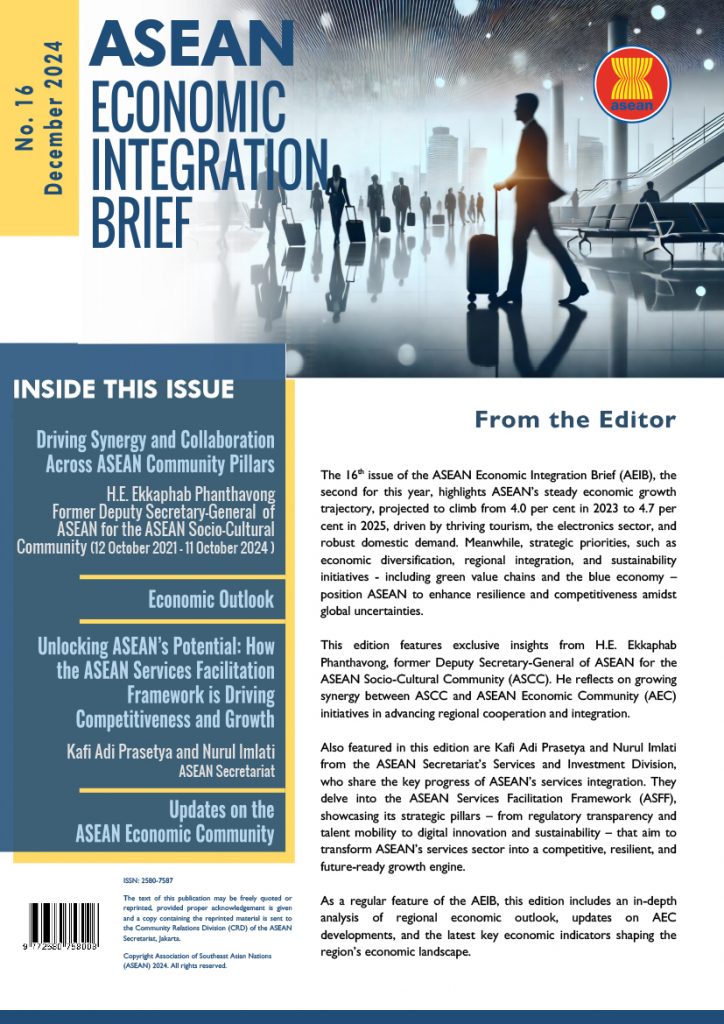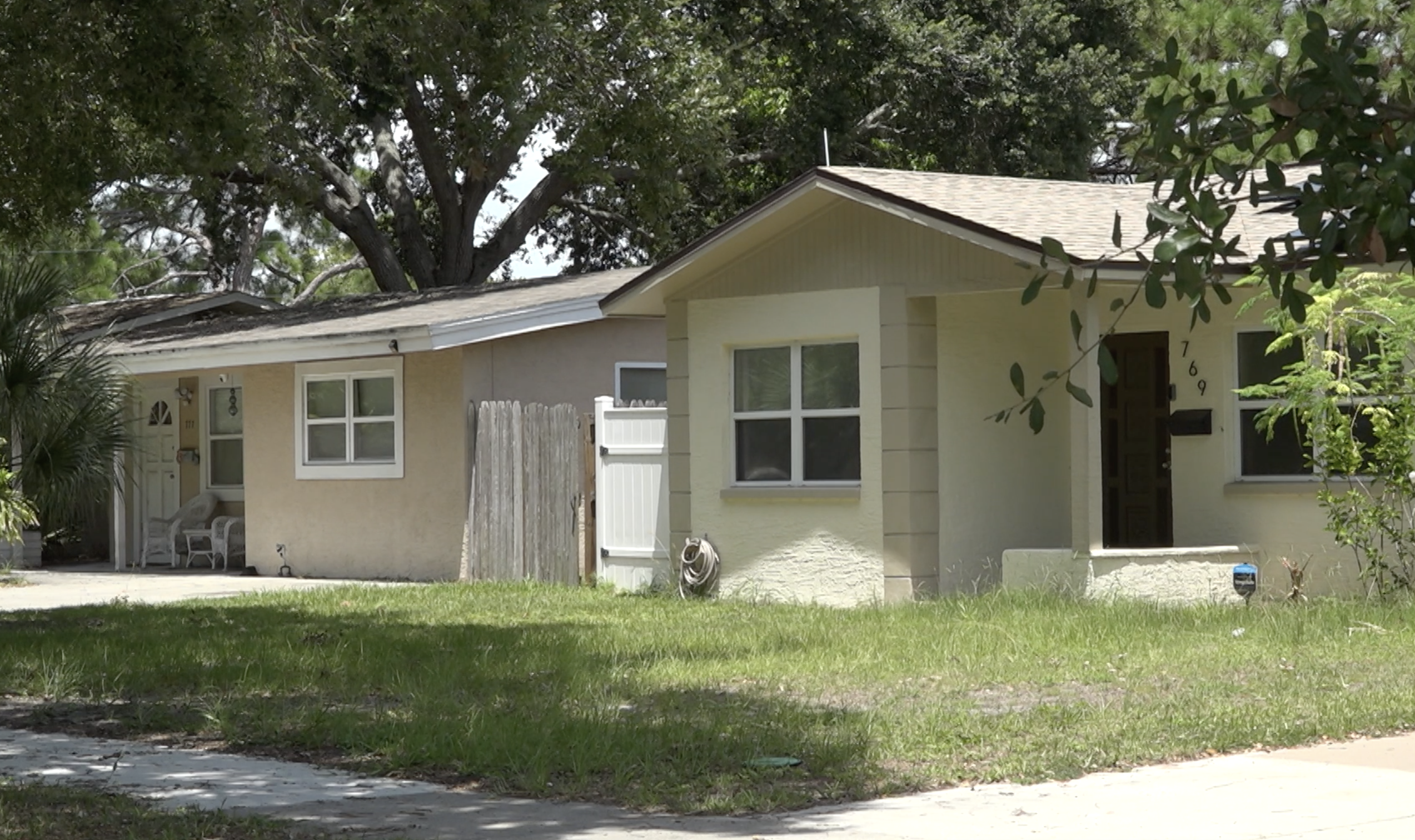Thailand is suddenly awash in cannabis after the sudden, unexpected legalization of the substance, reversing years of hardline drug policy in the parliament in June. which apparently was a part of a political deal to keep Prime Minister Prayuth Chan-ocha in power,
In the meantime, multitudes of Thais are having a high old time infusing cannabis into everything from toothpaste to tea to popsicles to chickens fed on the plants. Elderly aunties are said to be sprinkling it on their pad thai and larb gai.
“Ganja trees are being sold in every street now,” said a western expatriate living in the deep southern part of Thailand. “I personally have around a dozen plants. The roads are dangerous now. It’s even in the schools. It’s been a big fuckup. The government is trying to get some regulations back in.”
The story began in 2018, when deputy prime minister and health minister Anutin Charnvirakul, a 55-year-old member of the Bhumjaithai Party, about which more later, managed to push a measure through the parliament legalizing the substance for medical use. The subsequent legalization this year makes Thailand not only the first country in Southeast Asia to remove almost all restrictions on cannabis use altogether but in fact makes it arguably the most liberal country in the world. It is hoped it will kick-start a new US$10 billion industry and make Thailand, with its superb beaches and islands, the pot tourism capital of Asia. With some of the best hospitals in Southeast Asia, officials also envision it as an oasis for medical cannabis therapy.
It would be tempting to say the liberalization was the result of careful study of the health benefits or damage from cannabis use. But, according to several sources in Bangkok, it was actually the result of a hail Mary political deal to stay in office on the part of Prayuth, the former army chief who led the coup in 2014 that ended representative government and led to eight years of military rule.
Over the past year or more, the 68-year-old Prayuth’s hold on power has looked increasingly shaky with a coalition composed at least partly of “cobras,” members of parliament eager to switch parties or vote with the opposition in exchange for favors or money. He barely beat down an insurrection last September but survived by disciplining several errant members of his own party.
While Anutin is the public face of the cannabis legislation, the man behind the scenes is said to be Newin Chidchob, the 63-year-old leader of the Bhumjaithai Party, which holds 59 seats in the 500-member Thai parliament and is the godfather of Buriram Province, 300-odd km northeast of Bangkok. Once a lieutenant in the coalition headed by Thaksin Shinawatra’s Thai Rak Thai Party, which was deposed in a 2006 coup, Newin, who is regarded as a man who can switch allegiances with the speed of summer lightning, eventually ended up in the dictatorship’s governmment with his party.
He is also regarded, fairly or unfairly, as leading a province through which much of the drug trade, including cannabis, flows south from the Golden Triangle, the Thailand-Laos-Myanmar cradle of much of the world’s drug supply. Newin, according to the Bangkok sources, saw the legalization of cannabis as a golden opportunity. While common citizens can now grow their own, there are still opportunities to supply the country through existing supply chains and make a legitimate fortune.
Whether or not the pot legislation had anything to do with it, a month after its passage, on July 23 Prayuth survived his fourth no-confidence vote in parliament on a 256-206 vote with nine abstentions. Bhumjaithai was firmly in his camp.
Now cannabis is suddenly everywhere, so much so that the government is almost bewildered by its ubiquity as ordinary Thais experiment with recipes, procedures and applications. However, the country is hardly a stranger to cannabis use, or other drugs such as methamphetamines, which flow down into the country from the Golden Triangle, often with tragic consequences. According to a 2020 report by the World Law Group, Thailand has the highest prison population in Southeast Asia, with the vast majority of them drug users. It remains to be seen if the pot users will be freed.
“The government has no idea whether cannabis should only be used as a medicinal herb or for general use,” a diplomatic source who declined to be identified said. “Opposition to the use of cannabis is widespread and may prove too difficult for the government to handle. This is a pet project for Bhumjaithai which Prayuth badly needs to stay in power.”
“Despite the liberalization under the government policy, the media is campaigning against the use of cannabis and Bangkok’s new governor has issued an order for all government schools in Bangkok to be cannabis-free areas,” said another well-placed source “It’s obvious that Prayuth is more interested to stay in power rather than the health of the general public. The legalization isn’t likely to be repealed. There’s too much money.”
Whatever the benefits or lack thereof, the Thai experiment is being watched across Asia with varying degrees of trepidation. Indonesia last week cautiously backed away from okaying medical marijuana. In the Philippines, a new president. Ferdinand Marcos Jr. has just taken office with no indication whether he will abandon former President Rodrigo Duterte’s murderous drug war, which according to independent studies has produced no diminution in the supply of methamphetamines or other result beyond the funerals of thousands of very poor users and sellers. In Singapore, authorities on July 26 executed an ethnic Malay male for trafficking cannabis.
Anutin, the author of the bill legalizing cannabis, called it “an opportunity for people and the state to earn income from marijuana and hemp.” According to the BBC, he shared a photo on Facebook of a chicken dish cooked with cannabis, adding that “anyone could sell the dish if they followed the rules – the main one being that products must contain less than 0.2 percent of tetrahydrocannabinol (THC), the compound that gives users that ‘high’ feeling.”
Despite the concerns, households can now register to grow up to six plants at home and companies may obtain permits to farm the plants.
“One thing is clear. You cannot go to jail in Thailand just for using cannabis anymore,” Tom Kruesopon, a pioneering entrepreneur who helped persuade the government to change its approach, told the BBC. “You can go to jail for doing other things, like smoking in public, as a public nuisance, or creating and selling a product from cannabis that you did not get approval for from the Food and Drug Administration. But Thailand is the first country in the world where you cannot go to jail for growing or using the plant.”












.jpg&h=630&w=1200&q=75&v=20170226&c=1)








Discussion about this post